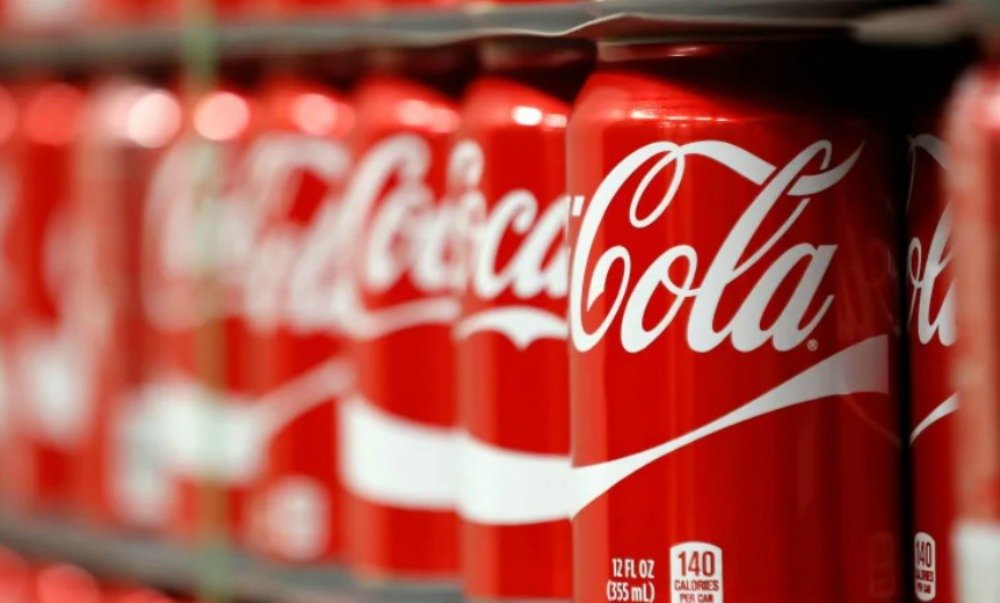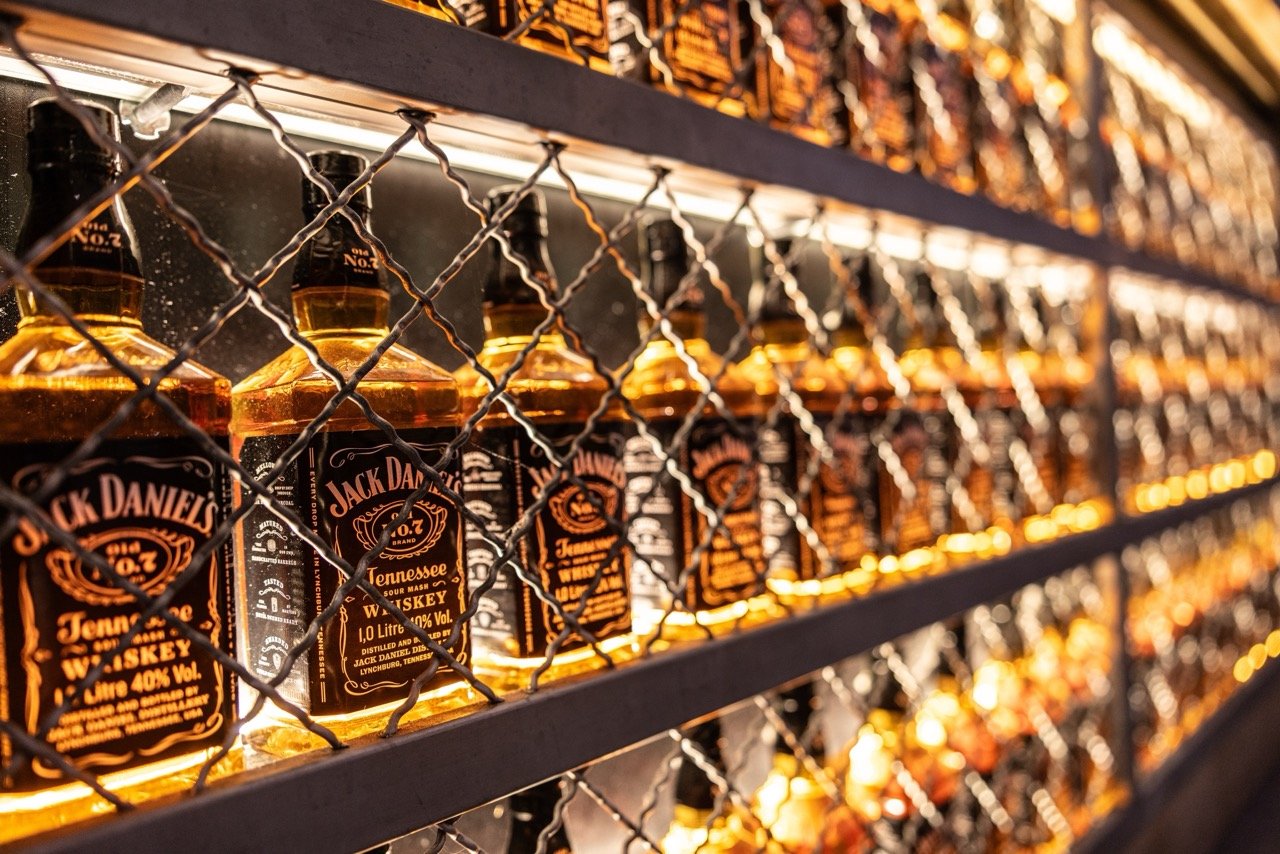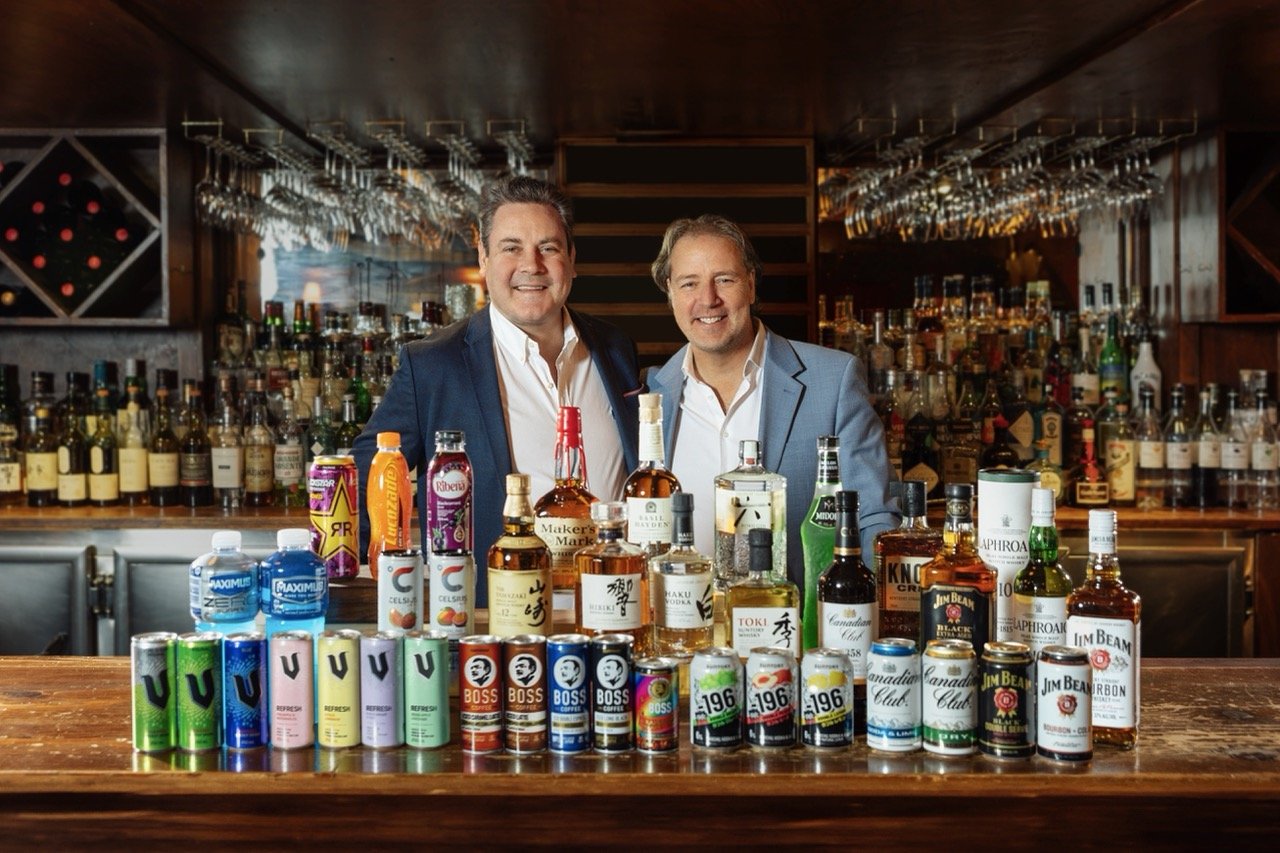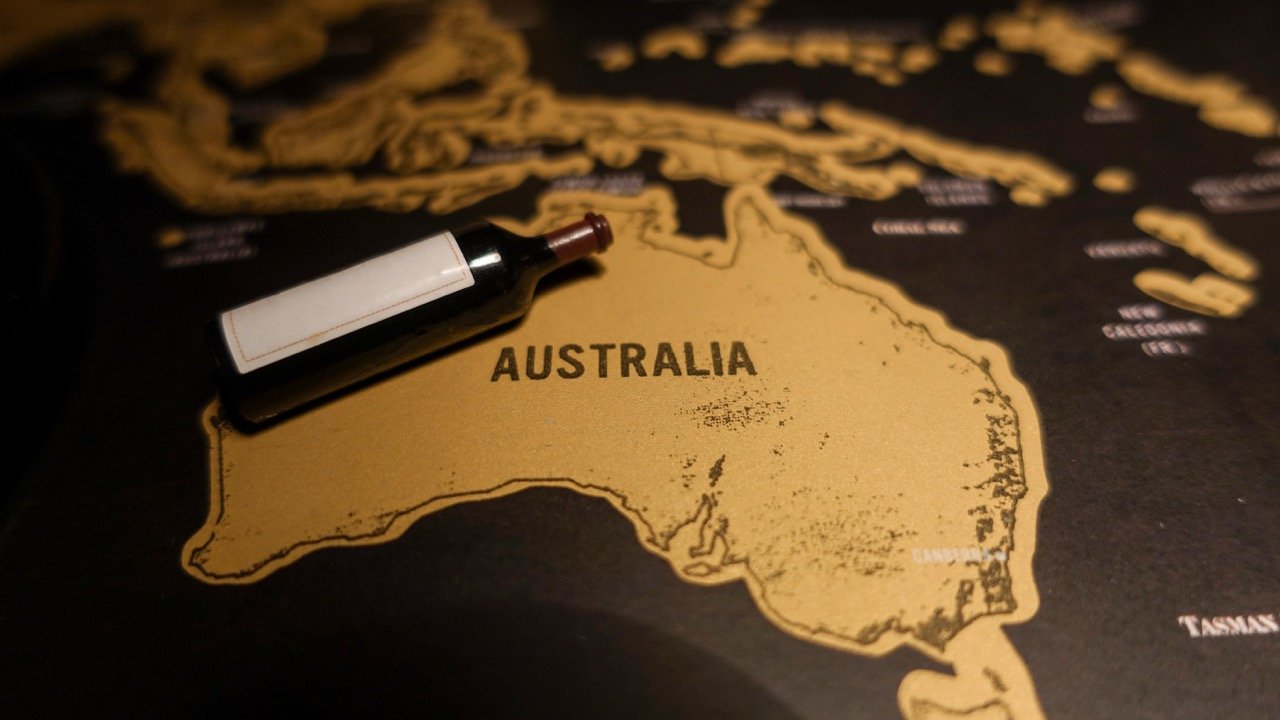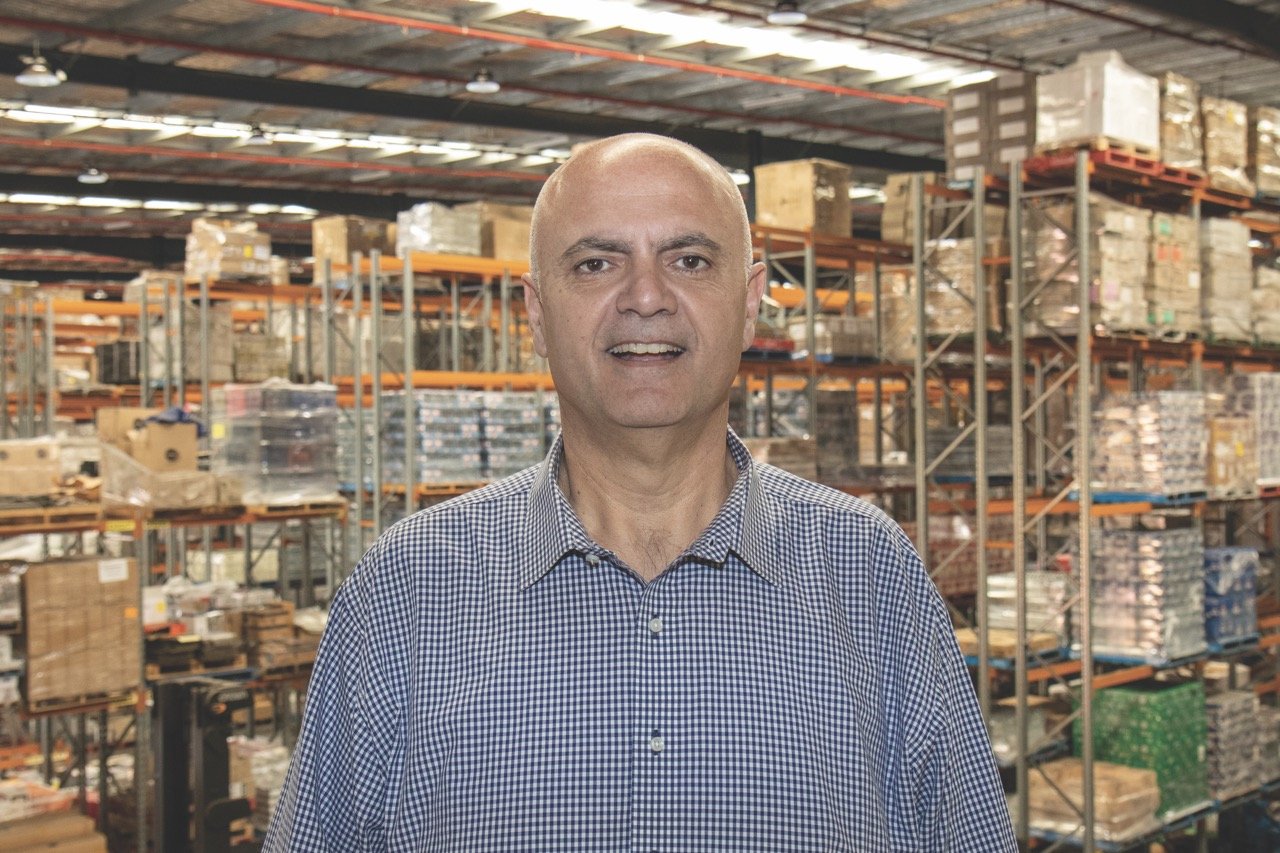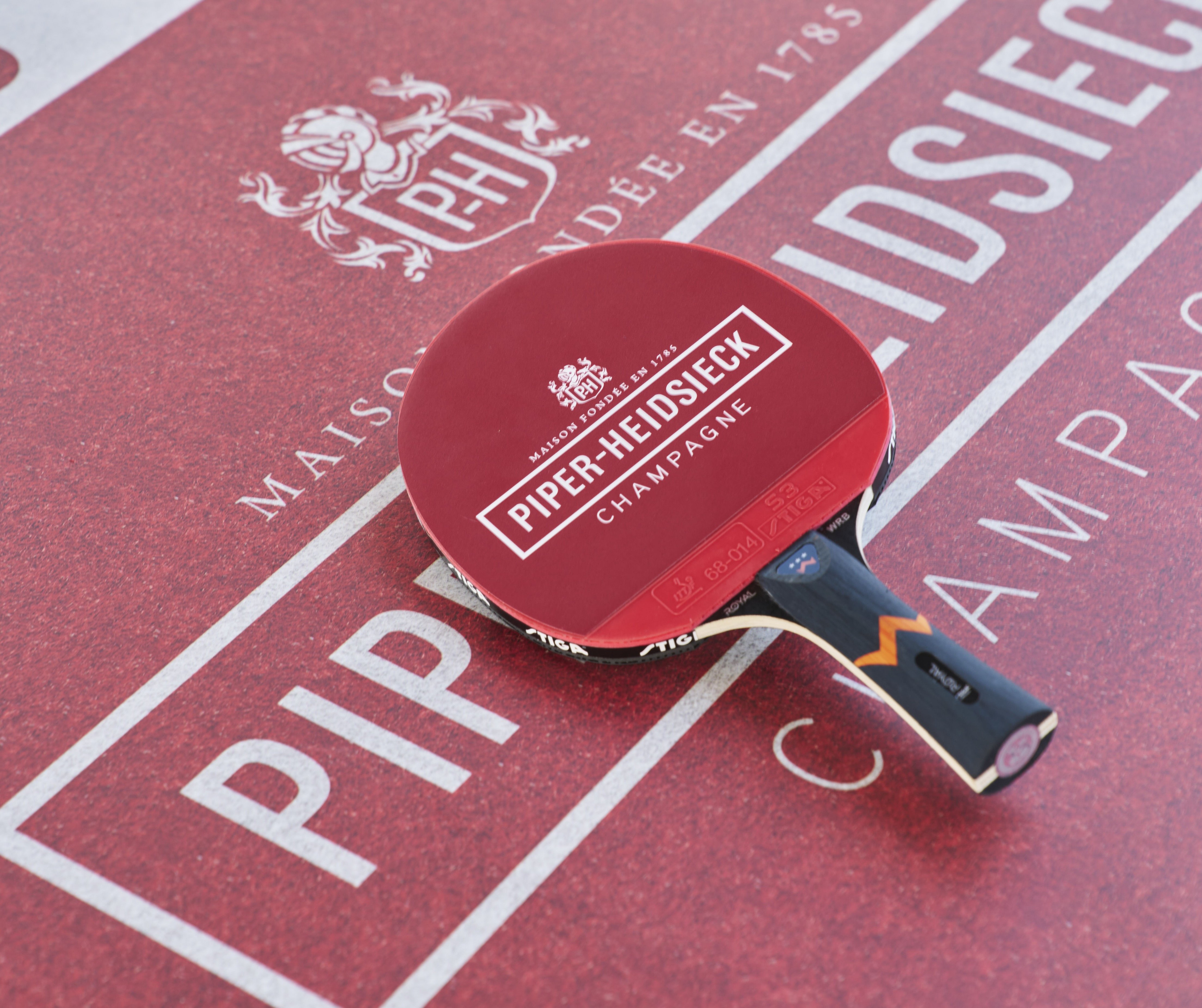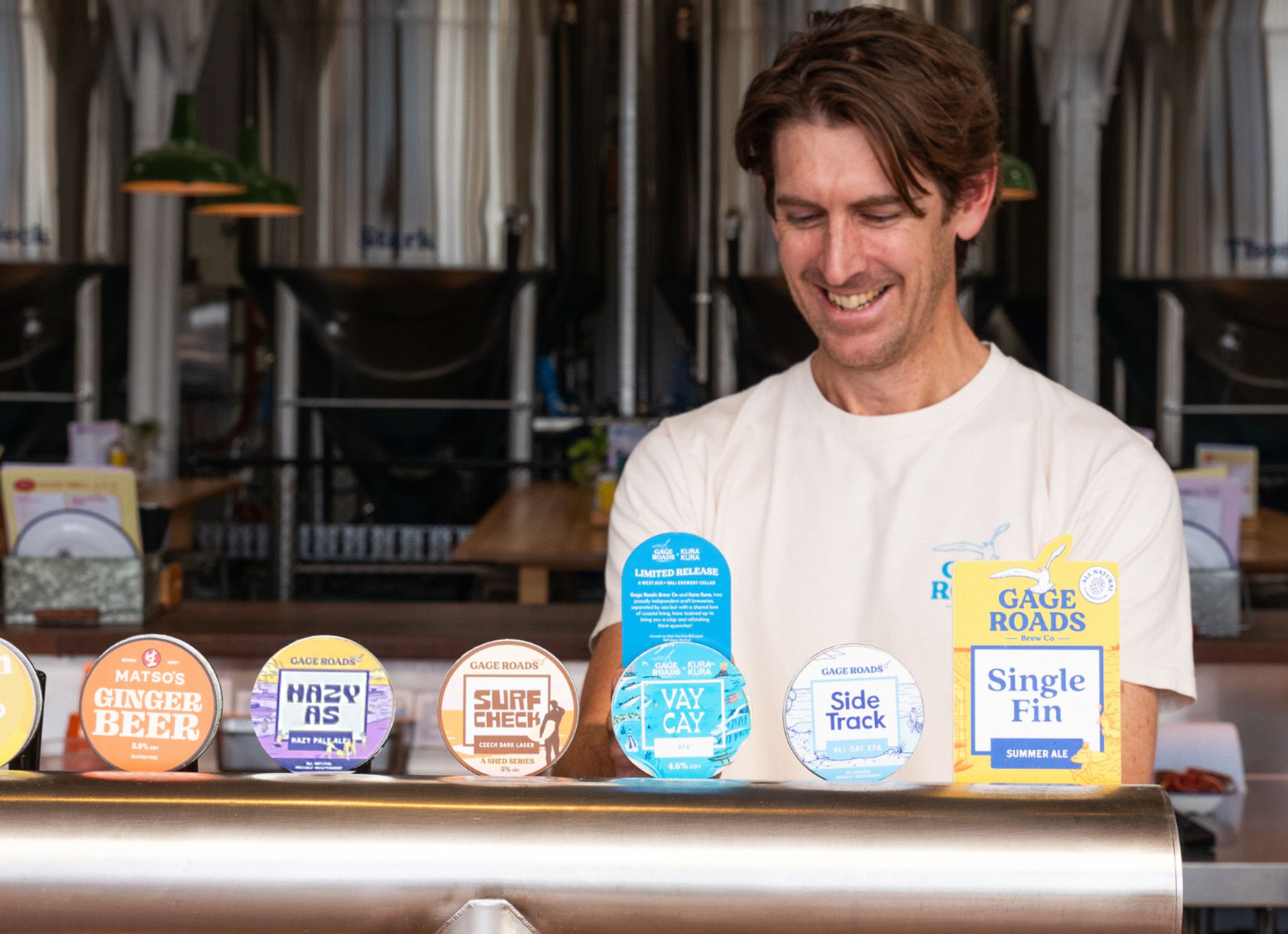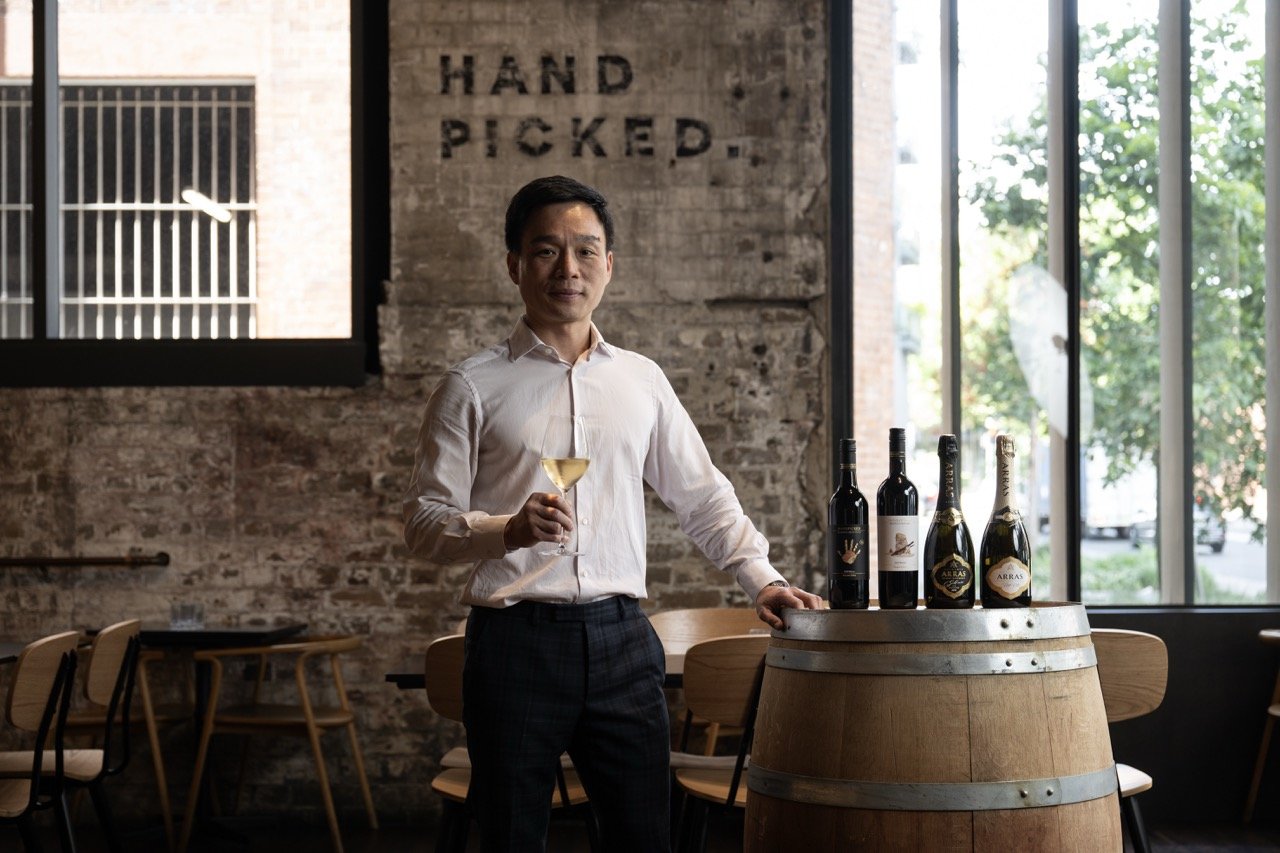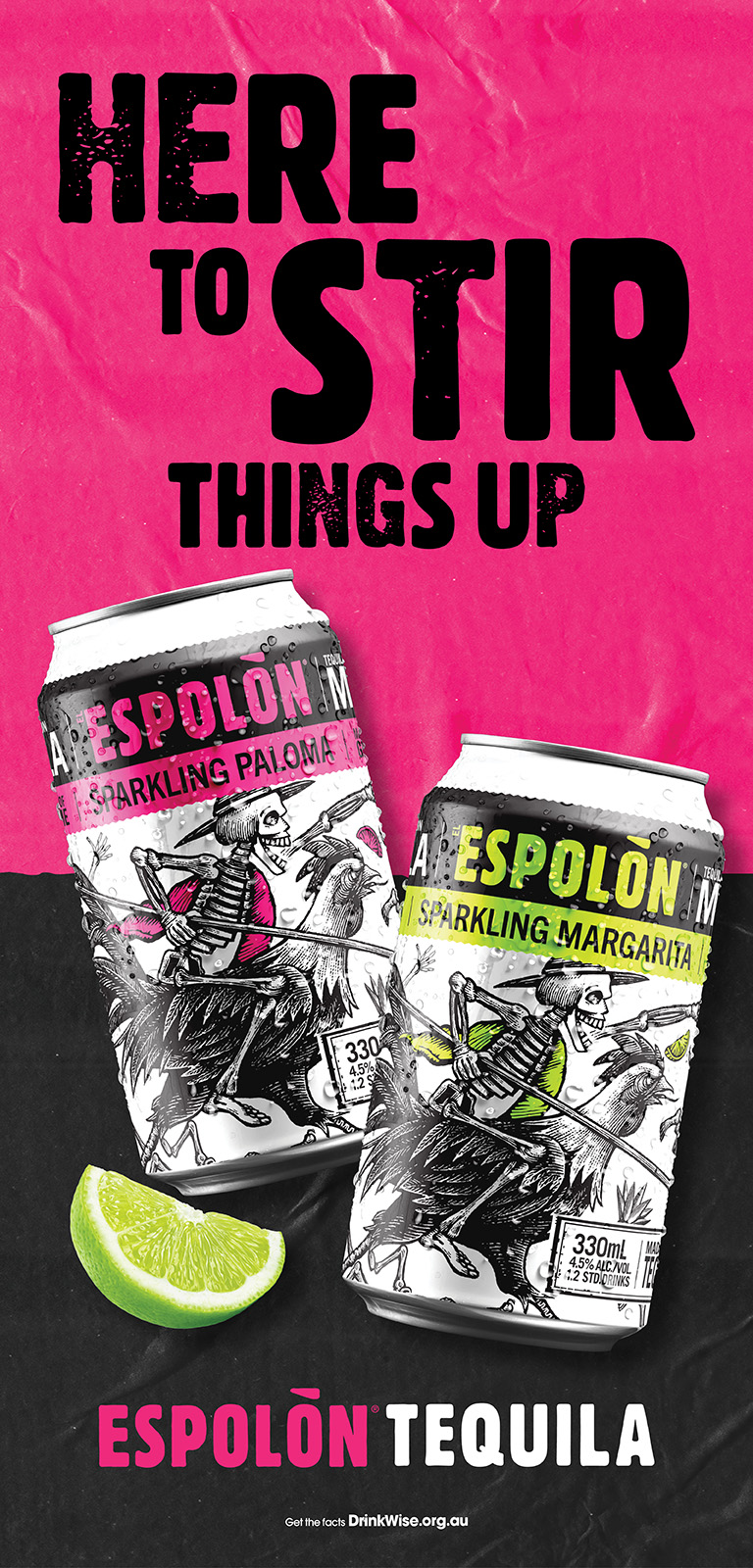This morning Coca-Cola Amatil shareholders voted overwhelmingly to accept the Scheme of Arrangement on the $9.8 billion takeover offer from Coca-Cola European Partners (CCEP).
“Today is a significant day in the 117-year history of Coca-Cola Amatil,” said chairman Ilana Atlas.
“I am excited by the possibilities that lie ahead for Coca-Cola Amatil’s future, and know I speak on behalf of the board when I say that it has been a privilege to be part of the Coca-Cola Amatil journey.”
81.55% of Independent Shareholders present and voting (in person or by proxy, attorney or corporate representative) voted in favour. 99.03% of the votes cast by Independent Shareholders were in favour of the Scheme Resolution.
If the scheme of arrangement is approved by the Supreme Court next week, shares will go into a trading halt bringing to an end to the bottler’s half century as a listed company.
CCEP will take control of the company on May 10 after two years of negotiations. It is widely expected that Alison Watkins who has been at the helm of the business since 2014 will step down
Coca-Cola Amatil experienced a return to volume growth in its December quarter and CCEP upped its share offering by 75 cents from $12.75 to $13.50 in February. The final share offer will be reduced by the value of Amatil’s 18¢ a share final dividend.
The US Coca Cola parent company owns one third of Coca-Cola Amatil. CCEP has reached a separate agreement to buy the 30 per cent stake held by Amatil’s largest shareholder, The Coca-Cola Co, for $10.75 a share giving it 100 per cent ownership of Amatil. Atlanta owns 19.5 per cent of Coke Europe.
Earlier this week Amatil joined the global RE100 renewable energy initiative, committing to use 100 per cent renewable energy in six countries by 2030 as part of its net zero by 2040 Sustainability Ambitions.
Its operations in Indonesia, Fiji, Samoa and Papua New Guinea will all be powered by renewables by the end of the decade and by 2025 in Australia and New Zealand.
Recently, CCA has cut costs by more than $140 million and become a more sustainable outfit, reducing sugar content in beverages by 10 per cent in Australia and 17 per cent in Indonesia, and shifting to 50 per cent recycled plastic bottles.
Share the content
